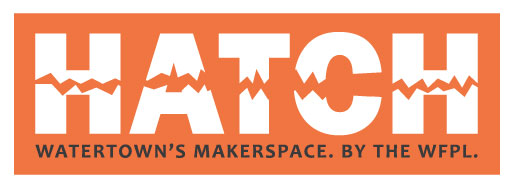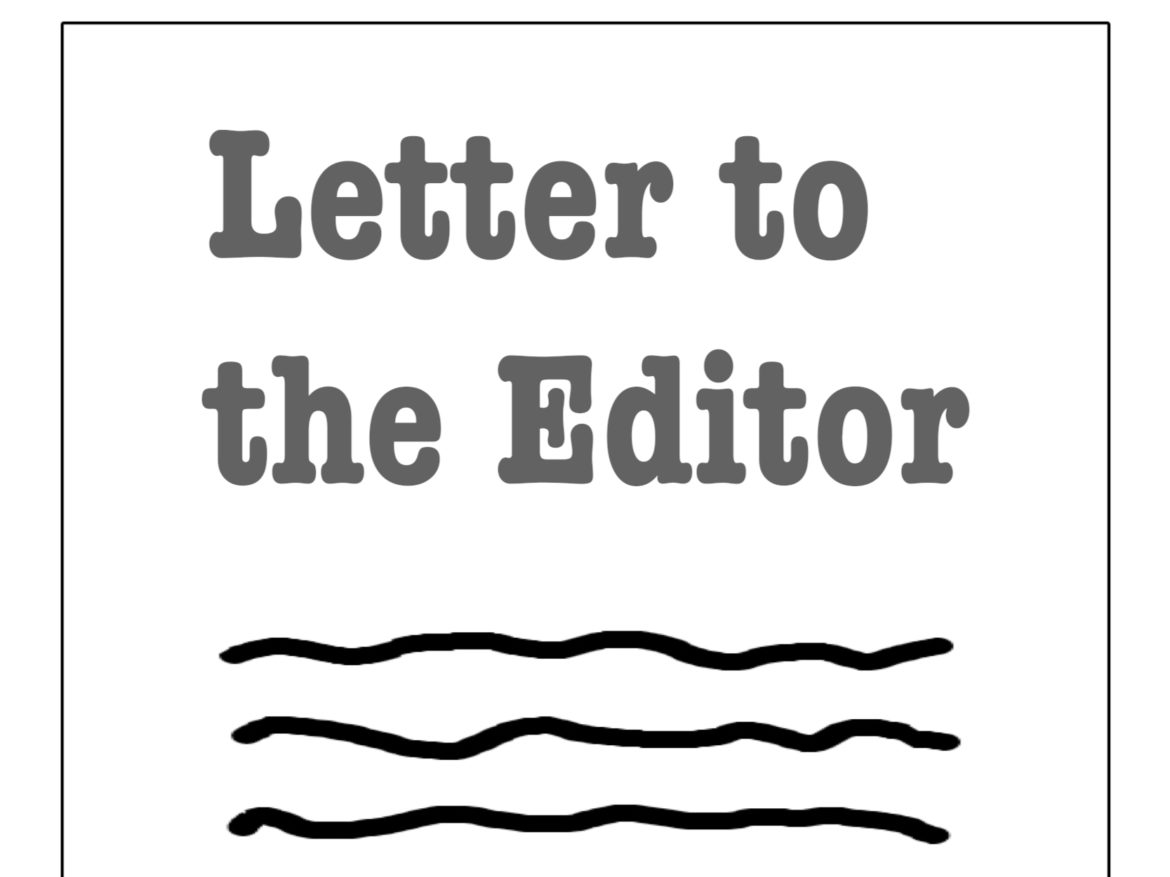State Sen. Will Brownsberger
The following piece was provided by State Sen. Will Brownsberger, who represents Watertown, Belmont and parts of Boston:
The legislature and the Governor recently announced a joint commitment to avoid cuts in state aid to municipalities in the current fiscal year despite the state’s own loss of revenues. While critical information from the federal government is still needed in order to finalize a full fiscal year budget for the Commonwealth, the Baker-Polito Administration and the Legislature are committing to no less than the Fiscal Year 2020 (FY20) level of funding for UGGA and Chapter 70 education aid as a baseline amount for FY21 funding.The FY21 funding commitment also includes Chapter 70 increases for inflation and enrollment that will keep all school districts at foundation, under the law as it existed for FY20, providing an additional $107 million in aid over FY20. This increase comes in addition to approximately $450 million in new federal supports for K-12 schools to assist with educating students during the pandemic. Division of Local Services Alert, July 30, 2020. This commitment reflects our shared belief that the services municipalities provide are truly essential. As we struggle through the pandemic, now is not the time to reduce support for police, fire, and schools.
Since COVID-19 arrived in force in March, three fundamental uncertainties have made it impossible for the state to plan its overall budget for the current fiscal year (Fiscal 2021, which began on July 1).
First, no one knows what the course of the pandemic will be. By now it does seem clear that we are in for a long struggle, but no one knows exactly what that means.
Second, no one knows how the economy will respond to the epidemic itself and to the shutdown orders issued in response to the epidemic. How many businesses will fail? Will people find employment in newly needed services?
The state’s available revenue depends very directly on the health of the economy. Most of the state’s major revenue sources – income taxes, sales taxes, corporate profit taxes – go up and down as the economy goes up and down. Economic recession means state revenue loss.
Even in good times, states depend heavily on aid from the federal government, especially to support the Medicaid program. With falling revenues for state governments across the country, all eyes are on Washington for relief. The decision from Washington is the third major unanswered question for budget planners.
We expected an answer by May or June and congressional Democrats did put forward a strong bill in May. The House bill would fully protect Massachusetts and its municipalities from service cuts 2021. As of this writing, negotiations between the Democrats and the White House continue. I hope that as you read this, we will have an interim answer, but the longer-term outlook depends to some extent on the outcome of the fall elections.
In the absence of a major infusion of federal aid, the total revenue losses for Massachusetts in Fiscal 2021 might approach $6 billion, a big chunk of the $45 billion budget. There is every reason to believe that Fiscal 2022 may also be grim.
Like me, many legislators have previously served in local government and know the fundamental value of the services provided by municipalities. We also know that local governments function within a very tightly defined financial box: They can only raise the revenues authorized by state law and can only do so within the parameters of Proposition 2.5, the tax limitation law. Additionally, many town governments have a rigid budget planning cycle built around the annual town meeting – it is hard for them to make mid-year course changes.
Conscious of these factors, legislators are always eager to make a strong commitment to local aid that communities can rely on early in the spring. This year we were unable to do that, first due to COVID-19 and then due to the delays in Washington.
As July came to an end with no answer from Washington and with schools struggling to make plans for the fall, we decided we had to make a commitment to municipalities and resolve to meet that commitment regardless of the unknowns. We do have a rainy-day fund that now stands at $3.5 billion, although our hope has been not to use it all in the current fiscal year. Jointly, the House, the Senate, and the Governor concluded that we could, perhaps with other sacrifices, avoid cuts for municipalities and that is the announcement that came forward.
Budget planners in some communities were surprised. Indeed, for months, we have been warning that aid could be cut. Some planners were suspicious that there might be some hidden catch.
Our budget leaders are acting after great deliberation and with great appreciation for the work that municipalities do. Local planners should feel safe relying on this commitment for Fiscal 2021.
Fiscal 2022 is another story. But our actions this year should signal how much we value the work of the police, the firefighters, the teachers, and other municipal public servants. That appreciation will continue to guide our actions in 2022.






